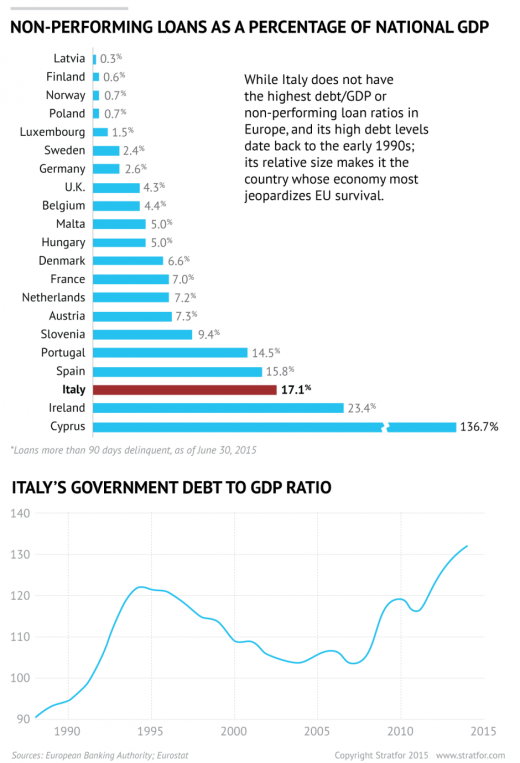 http://scroll.in/article/778805/full-text-facebooks-free-basics-will-limit-internet-freedom-say-50-faculty-of-iits-and-iisc
http://scroll.in/article/778805/full-text-facebooks-free-basics-will-limit-internet-freedom-say-50-faculty-of-iits-and-iiscThe service isn't really free and violates user privacy, the scientists say.
Scroll Staff ·
Close to 50 faculty members of the Indian Institutes of Technology and Indian Institute of Science on Tuesday released a statement highlighting flaws in Facebook's controversial Free Basics programme.
Free Basics is a subsidised internet platform that gives users Facebook and a few other services for free. Facebook says this will help connect India’s poor people to the internet. However, critics claim that it works against the rules of net neutrality, according to which all material on the Internet should be treated equally by internet service providers. Only a few products and websites, including Facebook, can be accessed through Free Basics.
The debate about the platform has been especially heated over the past few days because the Telecom Regulatory Authority of India set Wednesday as a deadline for the public to submit their opinions about whether the service should be allowed.
On Tuesday, a group of academics weighed in, claiming that Free Basics will limit the freedom with which Indians can use their own public utility, the internet.
Here is the full statement:
Allowing a private entity
- to define for Indian Internet users what is “basic”,
- to control what content costs how much, and
- to have access to the personal content created and used by millions of Indians
is a lethal combination which will lead to total lack of freedom on how Indians can use their own public utility, the Internet. Facebook's “free basics” proposal is such a lethal combination, having several deep flaws, beneath the veil of altruism wrapped around it in TV and other media advertisements, as detailed below.
Flaw 1: Facebook defines what is “basic”.
The first obvious flaw in the proposal is that Facebook assumes control of defining what a “basic” service is. They have in fact set up an interface for services to “submit” themselves to Facebook for approval to be a “basic” service. This means: what are the “basic” digital services Indians will access using their own air waves will be decided by a private corporation, and that too one based on foreign soil. The sheer absurdity of this is too obvious to point out.








